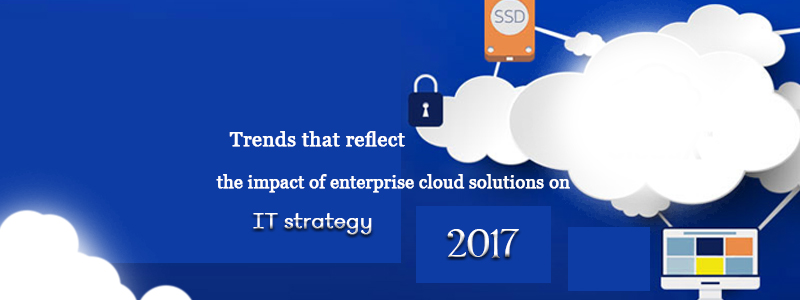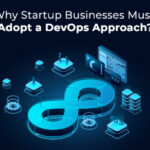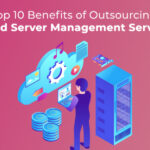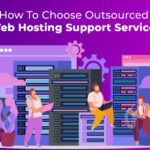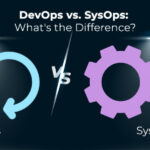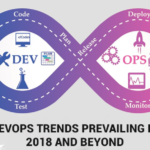Now, that we have entered 2017, we are well past the phase when it was relevant to ask the question whether or not to adopt cloud for our businesses. What is relevant is to determine when and to what extent should any business adopt cloud. While the cloud service providers are constantly upgrading their offerings, here are some trends expected in 2017, that reflect the influence of enterprise cloud Solutions on the IT strategies.
Evolution of Enterprise cloud
In 2017, the term ‘enterprise cloud Solutions’ will undergo a paradigm shift of sorts. While it currently refers to in-house virtual environments that encompass reporting and user self-service, this would broaden in meaning by considering the full suite of design, management, reporting and provisioning conducive of the hybrid cloud so as to allow each service to be hosted and controlled on the best-suited platform whether it is for public or private, hybrid or community or any of their combination. The advent of the year 2017 brings the promise of delivering this with the new developments including Azure Stack, the recent tie-up between VMware and AWS and the maturing open stack and its community ecosystem.
Cloud architecture – skills development
Unlike the core organizational IT infrastructure, the Architecting systems for cloud or the ways to migrate the existing services to the cloud require an altogether new set of skills. With the advent of cloud technology in such a big way, organizations are not able to configure each element separately anymore, so as to customize their application or service but they are more or less bound to choose from the available set of building blocks that can be integrated to the system ‘as is’. This year can witness the organizations adding cloud infrastructure skills so as to ensure success with cloud migrations.
Moving closer to Hyper-convergence
The cloud infrastructure is currently facilitated by standard platform for supporting virtualization. Though there’s been a lot of buzz around hyper-convergence recently and therefore, in 2017 also, advancement in this direction is expected. However, the current cloud solutions can still take some time to evolve into complete solution. So, while hyper-converged systems constitute great elements for creating the basic cloud infrastructure, their usage is currently only limited to being standard platforms that support virtualization. There is a huge gap between the standard offering and the organizational needs in terms of cloud services so that the organizations currently require to perform about 80% of the integration on their own.
Cloud service brokerage for hybrid cloud management
One of the key trends expected to prevail in 2017 is that of cloud service brokerage. Specially with the increasing trend of hybrid cloud services, there is growing need for the organizations to make sure that their hybrid cloud works as expected. For this, they prefer to add audit function along with service monitoring and management in order to ensure the relevance and efficiency of their cloud services in the long term, according to the organizational needs. This can be either added in-house or contracted through a third party so as to make sure that the cloud services provided are up to the mark. This is what has led to the emergence of cloud service brokerage. This facilitates defining the cloud services suited to your organizational needs along with ascertainment of the best way to avail them.
Open source will still prevail
The trend this year will continue towards most of the major cloud service providers to exploit the open source for their services. And why wouldn’t it? Especially when it even provides superior quality tools to be able to host manage and integrate for even the medium sized enterprises to empower them with dedicated, though not so organized network.

